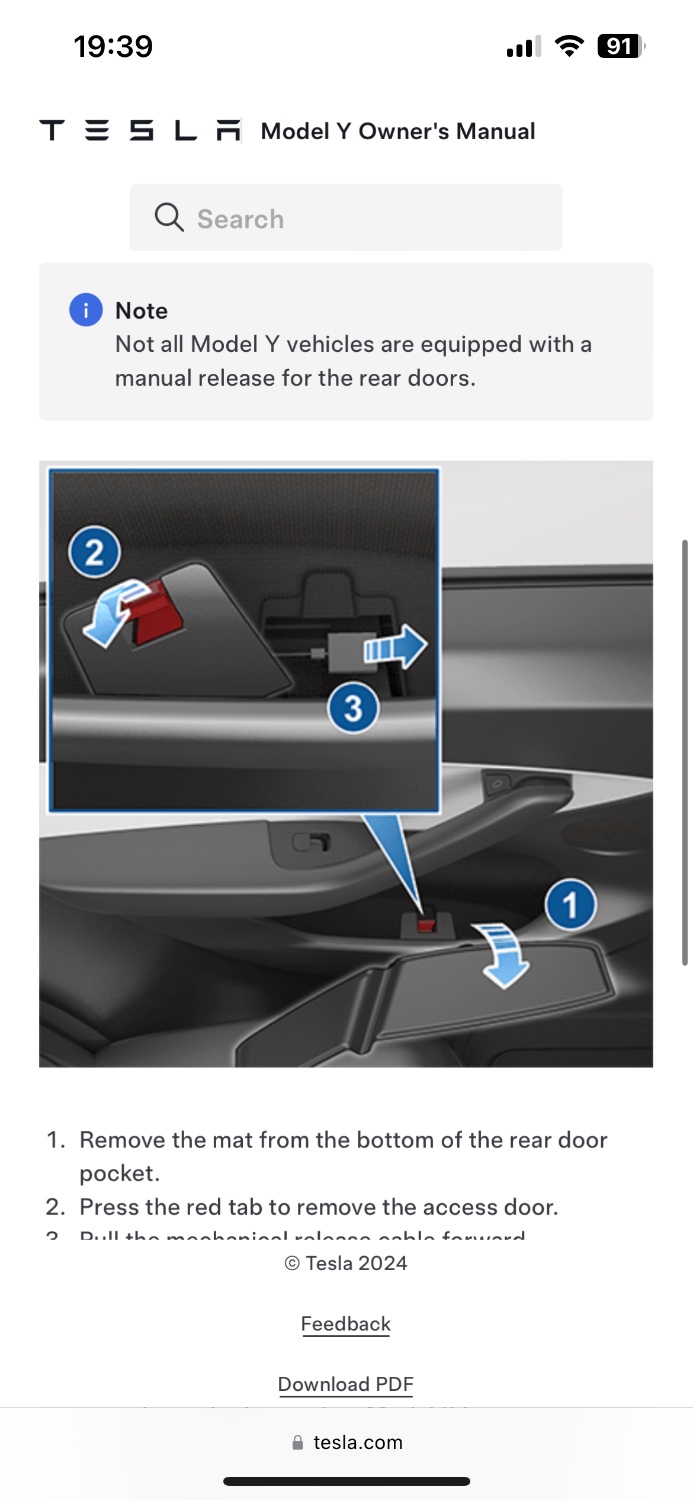

Was it rude? I was genuinely curious as I could see a myriad of valid reasons why the introduction or use of these drones are worrisome. I myself am torn over certain aspects of their use and design that drives me to wonder whether or not they may inflict unnecessary suffering. I cannot argue against their efficiency (nor their need), and I believe that Ukraine has every right to defend itself and repel Russia as an invading force, but they brought up a valid point about what the future could hold in using this technology for warfare. I just wanted to understand them, personally, and the reservations that drove their stance on it.












I’ve jokingly said this before, but just wait until manufacturers start adding 4G/5G to TVs explicitly for ads and telemetry…